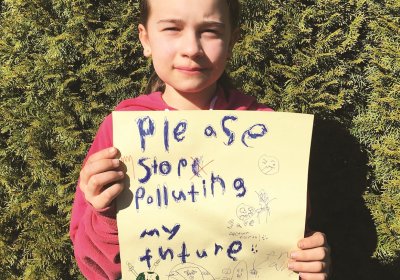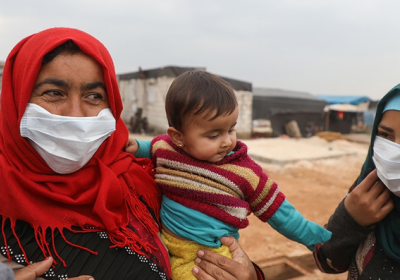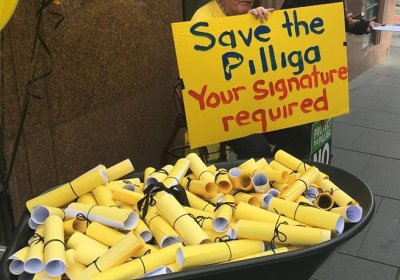Zebedee Parkes reports that around the world climate activists are continuing to hold weekly Friday strikes for climate action — now online.
1258
During the COVID-19 pandemic we have all come to realise just how many people have relatively low-paid and insecure work, writes Sam Wainwright.
The coronavirus pandemic has hit the United States hard in the past few weeks. Of reported cases globally so far, the US — with 5% of the world’s population — now has 12% of cases and rising, reports Barry Sheppard.
Flattening the curve and other "mitigation" strategies to battle COVID-19 are dangerous routes for governments to follow, argues Malaysian socialist and doctor Jeyakumar Devaraj.
The COVID-19 crisis has revealed how the profits-first capitalist system fails to look after the needs of ordinary people. Fred Fuentes sketches out five lessons.
The people of North and East Syria — a region commonly known as Rojava — are facing increased risk of contracting COVID-19 due to its rapid spread in neighbouring countries, writes Kerry Smith.
The region of Rojava in Northern Syria, which cares for millions of civilians with less money and resources than virtually any other state on the planet, is on the verge of a catastrophe, reports Syrian Democratic Times.
The fight to stop the state government helping Santos get approval for its Narrabri Gas Project in north-west New South Wales has taken a new twist amid the COVID-19 crisis, reports Kerry Smith.
While President Rodrigo Duterte's regime has so far failed to enact an emergency health response to the coronavirus pandemic in the Philippines, social movement activists are providing much-needed practical assistance to communities under threat.
Musician Oliver Simpson explains how hard COVID-19 has hit the arts industry, with its workforce largely comprised of freelancers and casual workers.
COVID-19 is finally the monster at the door. Researchers are working night and day to characterise the outbreak, but they are faced with huge challenges, writes Mike Davis.
It might seem unusual to describe climate change as a feminist issue. But it uniquely and unequally affects women and girls in many ways, argues Zita Henderson.
- Page 1
- Next page











